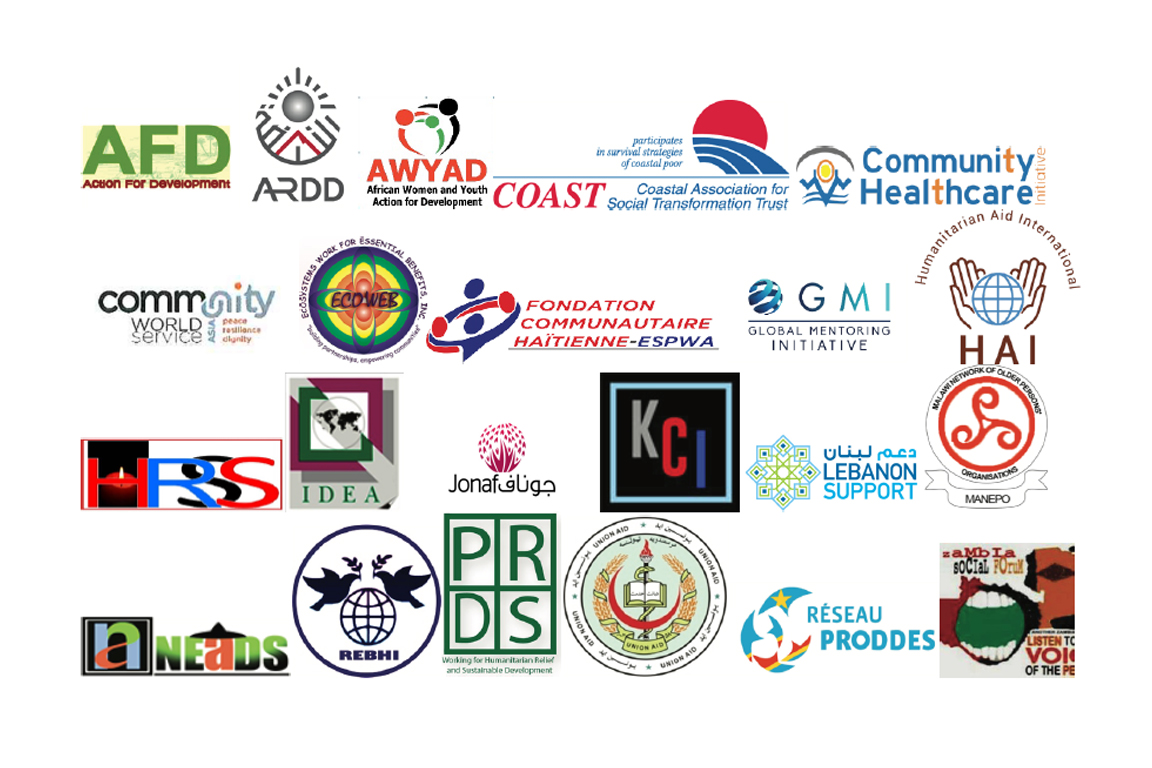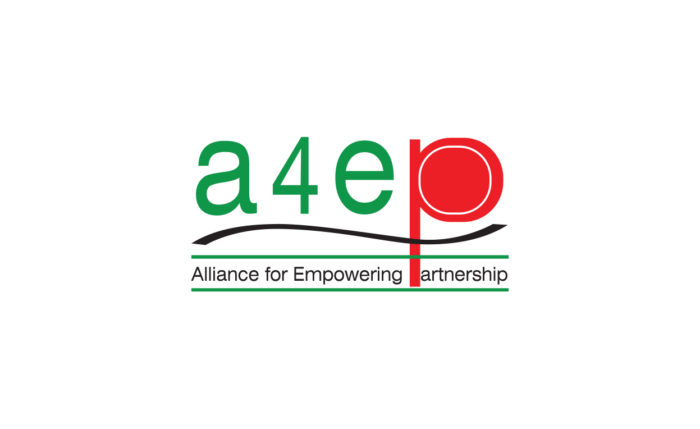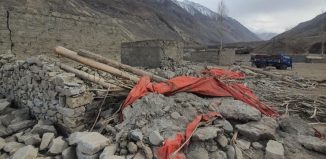Walking side by side – not voices in the wilderness Grand Bargain Statement from A4EP
A4EP, a global alliance of Southern organisations, the 63rd and the newest signatory, will ensure GB policy discourses remain centred on affected populations and informed by the experiences of local actors to strengthen effective, efficient and timely responses through a nexus approach. A4EP commits to working together with international actors to address the barriers in establishing equitable partnerships with local actors. We will work with others to ensure distributive and collaborative decisionmaking in the global governance of the Grand Bargain and at the country level.
The last five years of experience of the Grand Bargain has shown that progress is slow and deep rooted systems change takes time. The short term two-year planning is leading to ad hoc activities which are not bringing required system wide change. Given the ongoing pandemic and the climate crisis and its longer terms impacts, the Grand Bargain v2.0 needs a longer time horizon and commitment, in line with SDGs and Sendai Framework for DRR and Paris Climate Goals. For the Grand Bargain commitments to be meaningfully moving forward, it needs to be systematically implemented at country level by contextualising it to the country context. There must be a country level process roadmap with M&E framework to ensure accountability.
- Extend the timeline for the Grand Bargain v 2.0 to 2030.
- Engage Principals in high level dialogue to harness political will to make real progress on shrinking needs and dignified life for affected population.
- Carry out a review of state of localisation at country level and create a road map and action plan to ensure efficient, effective and timely response for affected populations in which they are the main decision-maker and actors.
- Create a localisation task force co-led by local actors and supported by international actors which can jointly monitor the progress at country level
Shrinking space
In the race for deepening and broadening the resource base the INGOs are now nationalising and the UN agencies are now also raising funds in the aid-recipient countries. Both INGOs and UN agencies are now monopolising every operational, policy and resource space in countries. If the GB signatories want to make real process on localisation and participation revolution, there is a need to revisit the IASC Definitions Paper to make the definition apolitical and thereby creating a facilitative environment for locally rooted CSOs. The GB signatories need to complement the local and national actors not replace them.
- Review and revise the IASC definitions of local, national and international actors and develop a localization marker to assess progress.
- Stop further nationalisation of INGOs. The existing branches of INGOs registered in countries should not be treated as national CSO but should be required to complement and support home grown CSOs as intermediaries. They should be shifting roles, shrink their operational space while providing support for increasing space for local/national actors.
- INGO and UN should only be operational as a last resort otherwise they should be reinforcing and not replacing local actors in operational and policy space and should be complementing the local actors and sharing risks.
Increasing inclusion and representation of local organizations
At present the global and country level aid architecture displays authoritarian and colonial tendencies with decision making in the hands of a few powerful international actors with patriarchal (or patronising) attitudes who dominate the resources. There is a serious lack of diversity and inclusion of local actors in the decision-making in aid architecture and the Grand Bargain process. Where local actors are present, their voices are not being heard or being able to influence the decision making because they are outnumbered.
- Open up and broaden the representation and participation of diverse networks of local actors from local, national and regional level at the Grand Bargain table.
- Democratize Grand Bargain governance and decision-making so it does not remain in the hands of a few powerful international actors and become more inclusive.
- Create a safe space for local actors to share openly and honestly the issues without retaliation or backlash.
- Let GB be a template, which can be evolved by local and national actors according to a specific context with complementary support from international actors, instead of it being prescriptive.
Funding and financing
Funding and financing of local organisations has made the least progress in the last 5 years.
- Support or establish country-owned and locally led pooled fund in aid-recipient countries earmarking percentage only for access by local actors.
- Pooled funds that are created must be operated with consistency and with full transparency and accountability.
- Given that pooled are only available in a few humanitarian contexts, a pool of local actors need to be identified for direct support or through intermediaries, based on the GB commitment 4.
- Provide fair overhead costs and multi-year flexible funding to local actors for timely, effective, efficient and predictable response that is accountable to the community.
- Set up a simplified county level dashboard, respecting the IATI principles, that can be used by all actors so funding can be more clearly tracked to where it is most needed at country level and establish open feedback mechanism from recipient of funds up to donors.
Members of the Alliance for Empowering Partnership

Website: www.A4EP.net Twitter: @A4EP2







